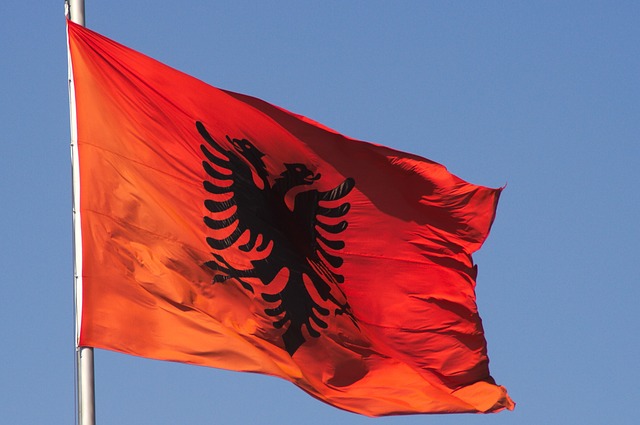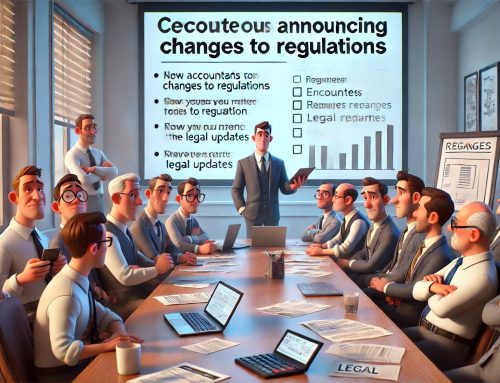May 21, 2022
According to the latest Western Balkans Regular Economic Report, Albania experienced a robust recovery in 2021 as a result of policy stimulus and a resurgence in travel, construction, and extractive activity. Real GDP increased by 8.5 percent, fully recovering from the pandemic-caused recession. Despite broad-based growth in 2021, public debt remains high.
Credit to the private sector expanded rapidly in 2021, benefiting both businesses and households. Similarly, bank deposits increased by 10.3 percent, with household savings accounting for roughly two-thirds of total deposit growth in the banking system. Due to investments in extractives, banking, and telecommunications, direct foreign investment increased in 2021, reaching 6.4 percent of GDP.
Despite a strong post-pandemic recovery, Albania has been impacted by global developments and faces new challenges that threaten economic and poverty prospects in 2022. Uncertainty about the Ukraine conflict is affecting price stability and growth, which is expected to slow to 3.2 percent in 2022. Private consumption is expected to re-emerge as the primary driver of GDP growth. If business climate reforms are implemented, private investment could provide additional support for growth.
Source: The World Bank
Legal Notice: The information in this article is intended for information purposes only. It is not intended for professional information purposes specific to a person or an institution. Every institution has different requirements because of its own circumstances even though they bear a resemblance to each other. Consequently, it is your interest to consult on an expert before taking a decision based on information stated in this article and putting into practice. Neither Karen Audit nor related person or institutions are not responsible for any damages or losses that might occur in consequence of the use of the information in this article by private or formal, real or legal person and institutions.






